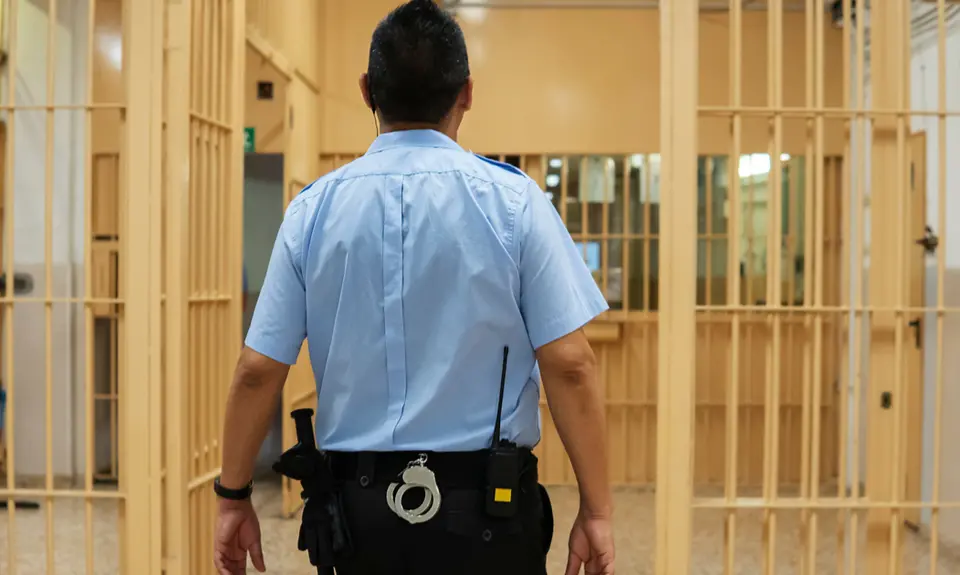Judge Toby Heytens, nominated by President Biden to the Fourth Circuit, wrote a 2-1 decision upholding a district court decision that stopped enforcement of vague state laws in South Carolina that criminalized “disorderly” or “disturbing” conduct in schools. Police officers had used the laws to threaten or actually prosecute at-risk youth, with clearly disproportionate enforcement harming Black students. The February 2023 ruling was in Carolina Youth Action Project v. Wilson.
What was the case about?
South Carolina law has long “ma[d]e it a crime” for elementary or secondary students to “act ‘disorderly’ or in a ‘boisterous manner’” or to “act in ‘an obnoxious manner’” at school. Police officers assigned to schools have frequently used these vague laws to threaten or actually prosecute students.
For example, from 2010-2016, “more than 9,500 students” were referred for prosecution under the “disturbing schools” law, “including children as young as 7 years old.” From 2014-2020, officials referred 3,735 students for prosecution for “disorderly conduct.” Officials charged black students for such conduct “at a rate roughly seven times of their white peers.”
Several individual students and a group representing at-risk youth filed a class action lawsuit against the laws and their enforcement. After pretrial proceedings and consideration of extensive evidence, the district court granted summary judgment in favor of the students. The state appealed to the Fourth Circuit.
What did Judge Heytens decide and why is it important?
Judge Heytens wrote a 2-1 ruling that affirmed the district court and struck down the criminal laws and their enforcement against students. He wrote that the terms used in the “disorderly conduct” law, including “disorderly, boisterous, obscene, and profane,” fail to “explain the law’s scope or limit the discretion” of those who enforce it, as court precedent clearly requires. In fact, he pointed out, the statute fails to “objectively distinguish” between criminal misconduct and “garden-variety….childhood misbehavior.” Based on the dictionary definitions of the law’s terms, Heytens went on, “any person passing a schoolyard during recess is likely witnessing a large-scale crime scene,” rendering the law improperly vague and overbroad as applied to students.
Heytens reached a similar result concerning the “disturbing schools” law. As he explained, if the state “prosecuted all unnecessary disturbances, loitering, or obnoxiousness in schools,” as the statute forbids, state “judicial dockets would be overrun by preteens.” He wrote that the “utter failure to describe the specific conduct covered” by the law renders it unconstitutional.
Although the state amended the “disturbing schools” law a few years ago to apply only to non-students, the court ruled that relief was still necessary to remedy the “ongoing injury” caused by the “retention” and use of records of action against students when the unconstitutional law did apply to them. For instance, Heytens wrote, those records could unfairly impair a young person’s “future practice of law, application for military service, use of a driver's license, and educational opportunities.
Judge Heytens’ opinion provides important relief for thousands of South Carolina students who have been or may be victimized by these unconstitutional laws. In addition, the decision provides useful guidance around the country on issues concerning, as one commentator put it, “police in schools, racial disparities in law enforcement involving students, and the use of arrests or criminal referrals for conduct that was long considered a matter of school discipline.” The decision provides another illustration of the importance of promptly confirming fair-minded judicial nominees like Judge Heytens by President Biden.
